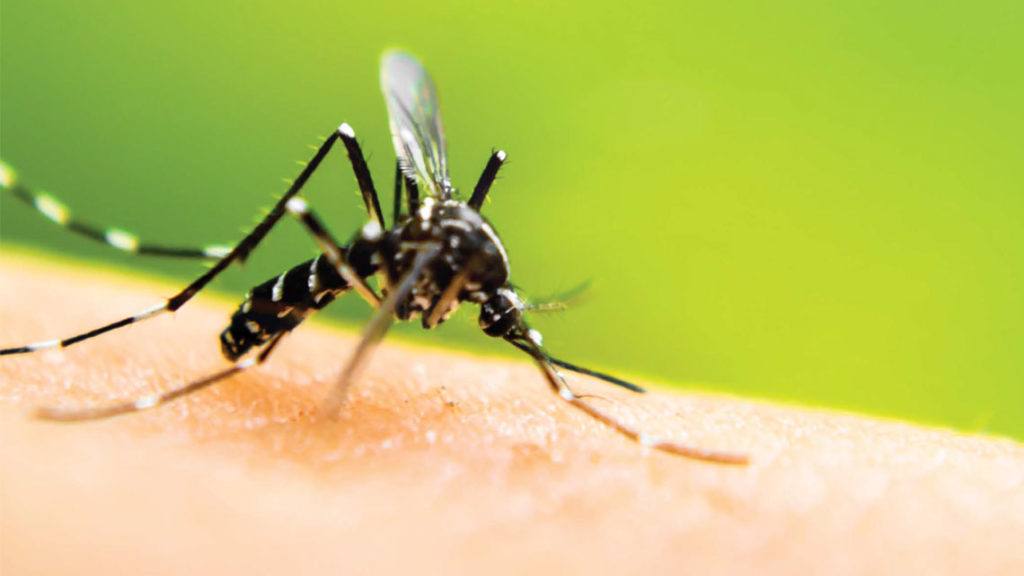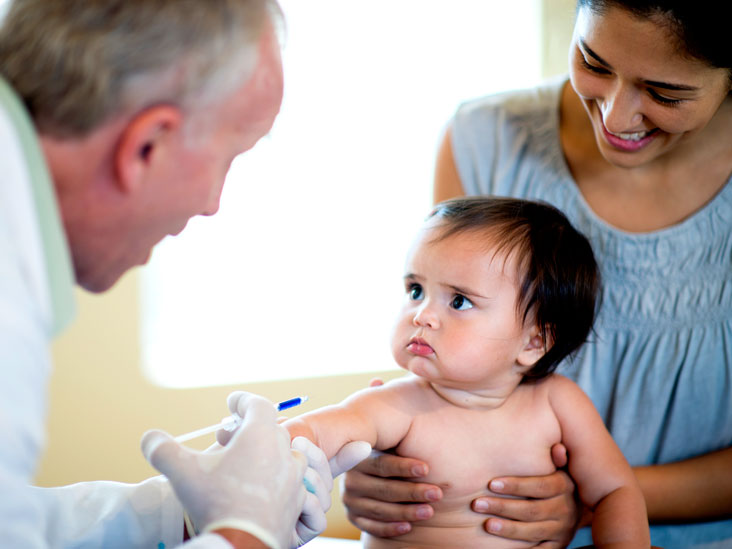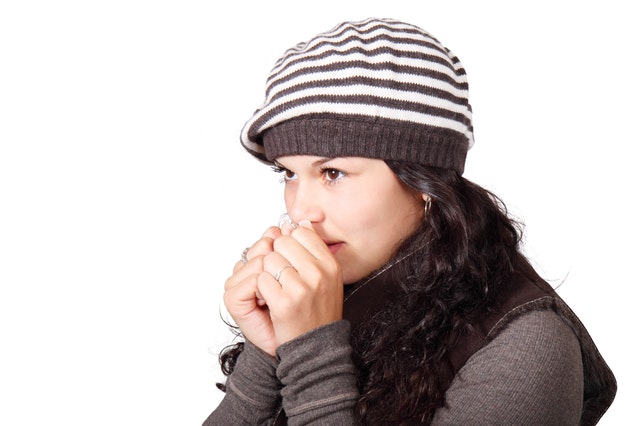Gut Health and Deworming

Signs and symptoms of unhealthy gut:
- Digestive problems such as bloating, gas or diarrhea- Gas is a sign that food is not digested properly in the gut, resulting in gastrointestinal problems such as gas, bloating or diarrhea.
- Undesired urge to consume sugars- Bad bacteria release certain proteins which lead to excessive food cravings, especially for sugars.
- Haolitosis or bad breath- Bad breath is one of the indicators of poor gut health
- Sensitivity to food or allergy to certain foods- Food intolerance to foods such as gluten or dairy is a sign of leaky gut
- Mood swings, anxiety and depression- Bad gut bacteria affects mental health as it decreases the capability to utilize hormones such as dopamine, serotonin and vitamin D, which play a crucial role in alleviating the mood
- Common skin problem like eczema- Skin problems such as eczema are an indicative of poor gut
- Diabetes-According to Journal of endocrinology connections, a link between Type 2 diabetes and gut health has been observed. A poor gut healthy can lead to Type 2 diabetes mellitus
- Autoimmune disease- Researchers are able to find a link between the leaky gut and autoimmune disease.
What influences gut health?
- A big role in maintaining good gut health is played by the healthy bacteria present in the gut. These are up to a thousand different species and the number can be in trillions. These healthy bacteria help in digestion of food and also help in the production of some vitamins like vitamin B and K. Any imbalance in these healthy bacteria can cause gut issues like bloating, cramping and even diarrhea. There are some healthy foods that can help in boosting these vital bacteria. These include bananas, cauliflower, broccoli, blueberries and beans.
- Another vital part of maintaining good gut health is practicing good food hygiene. This includes using only fresh produce to prepare meals, correct storage of the food at the right temperatures and washing of hands before meals. It’s important to put food away into the fridge within two hours of cooking or buying, so it stays fresh.
- Having clean drinking water is just as vital to maintain the health of the gut. Many infectious diseases like diarrhea and typhoid are spread via contaminated water. It’s best to have water from a water purifier or a validated source of drinking water. If in doubt, boiling the water for a minute generally makes it safe to drink.
- Sometimes, an imbalanced diet or infections can affect the balance of the gut. For issues like bloating, it might be a good idea to stop foods like beans and spices for a few days. An antacid can be helpful too.
- Cramps and diarrhea might be due to irritation of the gut by some foods. Having lots of water, oral rehydration salts and rest might be all that’s needed generally. Sometimes, the infection might be more severe and a bacterial infection might be the cause. It’s best to consult your doctor if your diarrhea is not settling within a day, or you feel weak. The doctor might prescribe a course of antibiotics to deal with the infection.
- Key steps for promoting good gut health: Eat whole, unprocessed foods. Make sure to include plenty of fiber from foods like vegetables, beans, nuts, seeds and whole grains.
- Avoid food allergies.
- Treat any infections or overgrowth of bacteria or parasites. Parasites, small bowel bacteria, and yeasts can all inhibit proper gut function.
- Replenish your digestive enzymes. When you don’t have enough digestive enzymes in your gut, you can’t properly convert the foods you eat into the raw materials necessary to run your body and brain. Take broad-spectrum digestive enzymes with your food to solve the problem.
- Probiotic consumption is good for gut health
- Consume Omega-3 supplements which help to reduce the inflammation in the gut.
- Glutamine and zinc help to heal the gut lining .
Worm infestation and deworming:
- At times, the gut gets affected by worms, which can enter the body via contaminated food and water.
- Worms can cause cramps, itching in the anal area and might sometimes even be seen in the stools, especially in kids. They can also lead to an increased appetite, loss of weight and even bleeding in the gut. Leading to symptoms of anaemia, like pale skin and a feeling of weakness.
- Your doctor will prescribe a medicine like albendazole, which is specifically meant to deal with the problem of worms. The dose will need to be repeated after 15 days if advised.
- To avoid worm infestation, it is important to wash fruits and vegetables well. Also, washing hands for at least 20 seconds after using the toilet and before eating can help in preventing the entry of worms into the body.
- Some worms, called hookworms, can enter the body via the skin by walking barefoot. Wearing footwear can prevent this.
A healthy diet, the right balance of exercise and stress management can ensure that your gut is always in a state of good health.









